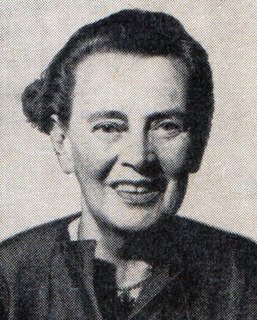A Quote by Oriana Fallaci
Sometimes the dead are more alive than the living. And they can kill the living.
Related Quotes
It is an error to divide people into the living and the dead: there are people who are dead-alive, and people who are alive-alive. The dead-alive also write, walk, speak, act. But they make no mistakes; only machines make no mistakes, and they produce only dead things. The alive-alive are constantly in error, in search, in questions, in torment.
O ye dead Poets, who are living still Immortal in your verse, though life be fled, And ye, O living Poets, who are dead Though ye are living, if neglect can kill, Tell me if in the darkest hours of ill, With drops of anguish falling fast and red From the sharp crown of thorns upon your head, Ye were not glad your errand to fulfill?
God was alive when this universe exploded into existence. He was alive when Socrates drank his poison. He was the living God when William Bradford governed Plymouth Colony. He was the living God in 1966 when Thomas Altizer proclaimed him dead and Time magazine absolutely absurdly put it on the front cover.
I tell myself it's a virtue, my failure to sleep in my own house, or at all. I tell myself that I spend more hours than most people aware that I am alive, and that over a lifetime this adds up to more living, more aliveness. I am more alive than the rest of my family. Which is my greatest night fear. Which is why I hunt. I don't ever want to be more alive than they are.
I feel more and more as if time did not exist at all... only various spaces interlocking according to the rules of a higher form of stereometry[the geometric measurement of solid bodies], between which the living and the dead can move back and forth as they like, and the longer I think about it the more it seems to me that we who are still alive are unreal in the eyes of the dead.

































